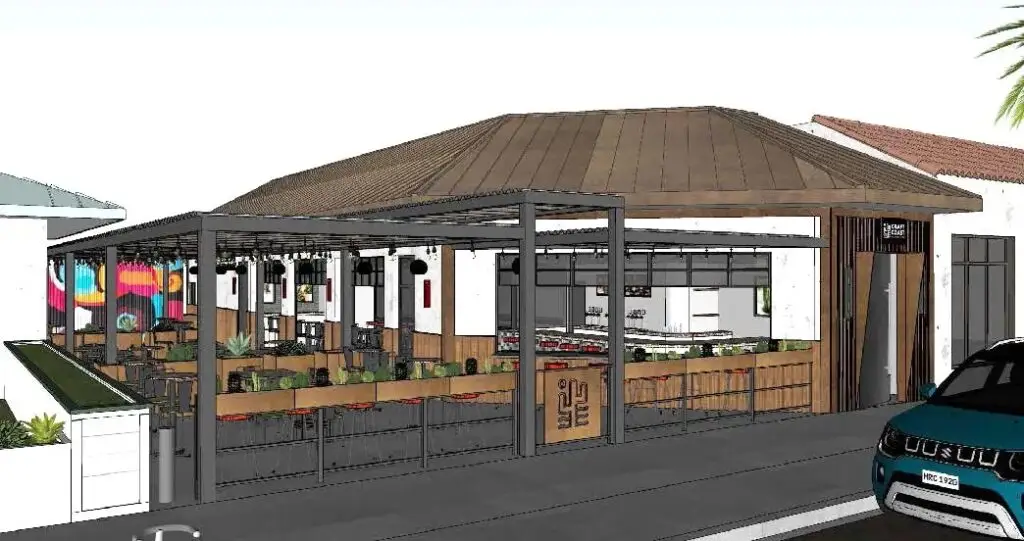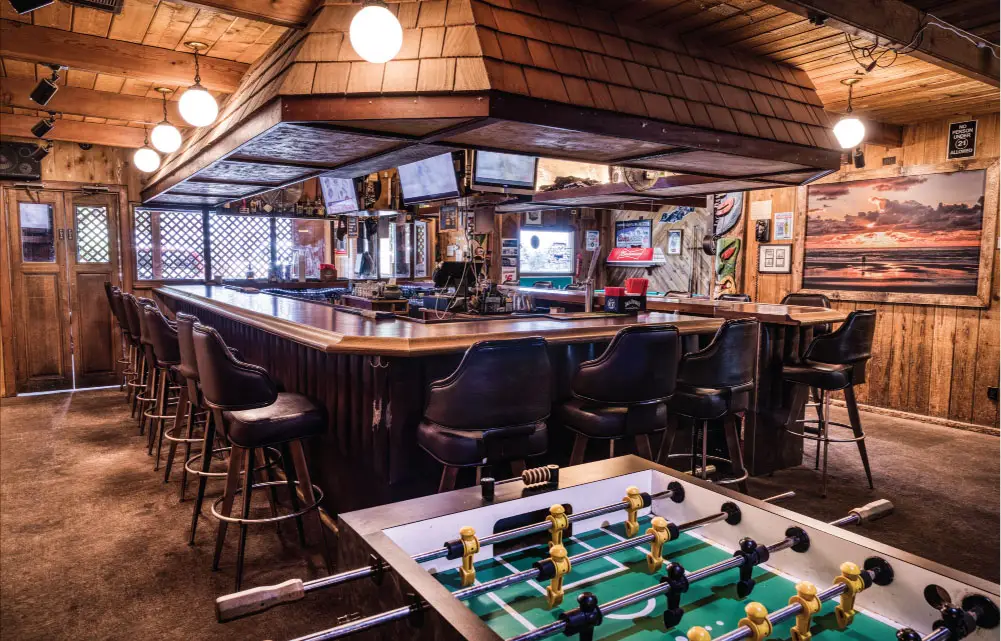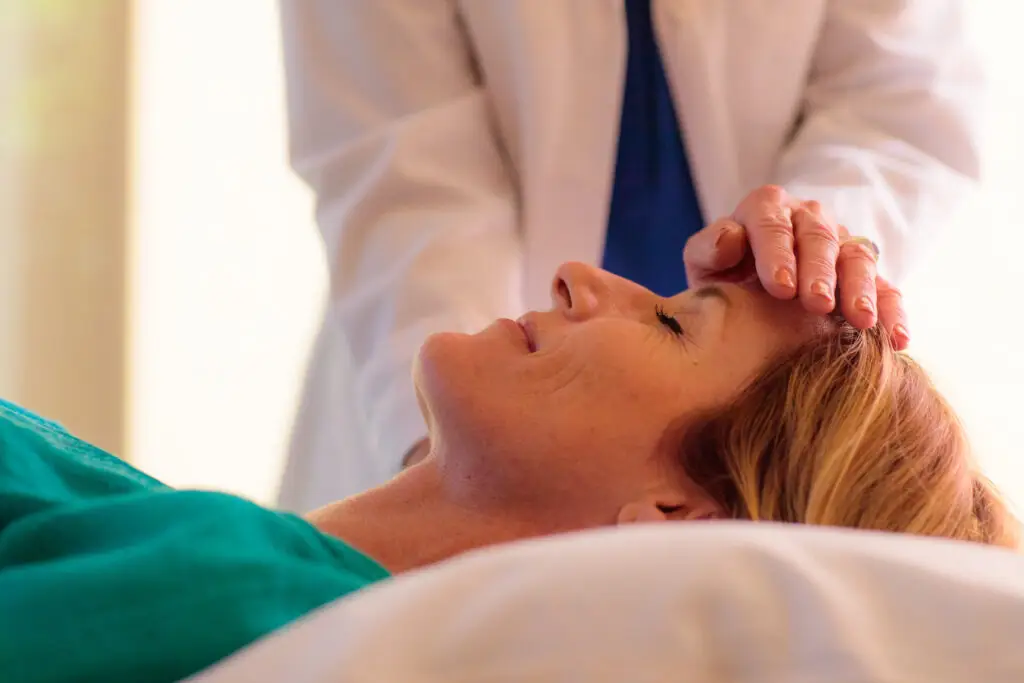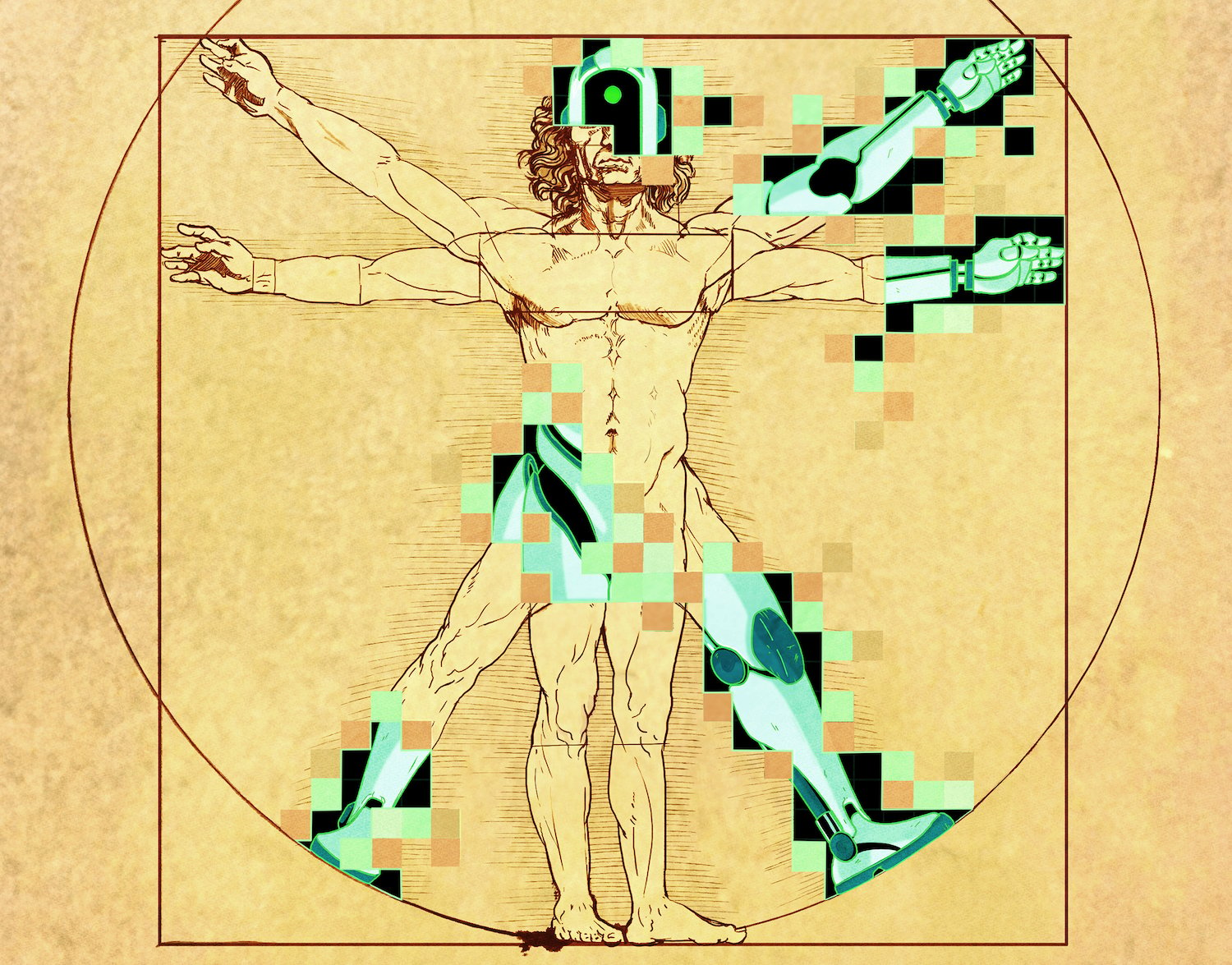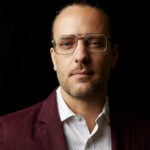Recently, I found myself lying flat in a hospital bed, feeling like a wad of bird doo that had just hit a windshield. An unknown virus was causing swelling in my head, squeezing my cerebellum and various lobes like lemons at a county fair. For a couple weeks leading up to this unfortunate position, I’d been increasingly dizzy, not realizing how dangerously ill I was until I landed in an ambulance twice.
In the hospital, the pain peaked at an unrelenting 10. But thankfully, Dilaudid took the edge off like a 2 p.m. margarita. (A hearty thank you to your preferred deity for the plants and people who gave us intravenous prescription opioids.) During my extended hospital stay, I was carefully medicated and hydrated and tapped and tested. Between MRIs, CTs, EKGs, lumbar punctures, an EEG, an echocardiogram, and round-the-clock blood draws, an impressively large and detailed encyclopedia of my health was written in a matter of days. The doctors diagnosed my malady—viral meningitis—and provided a cocktail of drugs to ease my misery.
Sure, this was all physically, emotionally, and financially devastating, but I will tell you that modern
medicine is a hell of a thing to see up close. During my stay, I was cared for by neurologists, cardiologists, hospitalists (a title that sounds made up), infectious disease specialists, gum-chewing emergency docs, nurse practitioners, RNs, CNAs, phlebotomists, pharmacists, physical therapists, firefighters, EMTs, chefs, cooks, custodians, and a handsome man whose title I think was proceduralist (also made up) who deftly stabbed me in the spine with a needle.
There were the folks who revved up the MRI machines and others who ran CAT scans and a talkative guy who patiently attached 30 wires to my head and watched my brain activity for an hour while I rested. There were people who wheeled me to the cold imaging rooms and waited, holding my glasses, until I was done, then rolled me back to bed. There were radiologists in dark basements, people sitting behind various desks, people who checked my insurance status (before any of this really got going), and people working the coffee cart out front of the hospital, keeping everyone inside fueled and focused. It’s all rather—and I should know—mind-boggling. Contemporary healthcare is a mural with many painters.
And San Diego, it turns out, is not a bad place to get sick. An impressive number of advanced minds call SD home. Throughout the city, doctors and researchers are actively creating new treatments and medicines for everything from cancer to Alzheimer’s and helping solve problems—like climate change—that plague our world. The city’s big hospitals have major projects in the works, and AI, it seems, is everywhere, from the lab to the ER.
And yes, healthcare is too often a mess in this country. The uninsured live in justified fear of getting sick, and, even with insurance, things are unnecessarily complicated. But despite the cold bureaucratic and financial challenges woven into American healthcare, my illness gave me the opportunity to see that contemporary medicine is connected to a deep well of humanity.
PARTNER CONTENT
Lying there, I witnessed today’s medical breakthroughs as a continuation of thousands of years of people helping people feel better. The incredibly advanced care I received traces back to our earliest ancestors, who spent time searching for the best technique to heal wounds or the best herb for a strong fever, simply because it was good for the community when everyone felt their best.
In fact, I imagine doctors and medical researchers are as old as humanity itself and that this instinct to help one another predates human consciousness. Perhaps this is how people have evolved and accomplished so much—by caring for one another.








